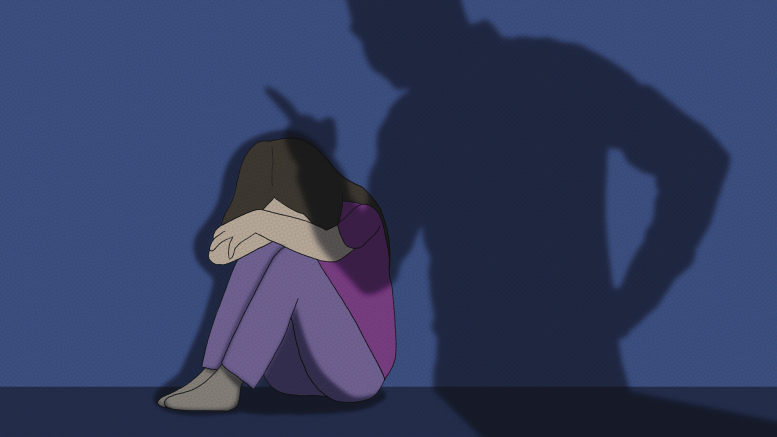Child maltreatment is a widespread issue with severe and lasting consequences. According to the World Health Organization, six in 10 children under the age of five regularly suffer physical and psychological violence from parents and caregivers. Twenty per cent of women and 14 per cent of men report childhood sexual abuse.
Tracie Afifi, professor in the U of M’s Max Rady college of medicine, conducts research in the areas of child maltreatment and mental health.
“I always knew that I wanted to work in the area of children and childhood and to do something to improve the lives of children,” Afifi said. “I started with focusing on — this was about 20 years ago now — really understanding the negative associations with being exposed to trauma and violence in childhood.”
In one 2011 study, Afifi found that child maltreatment is associated with increased rates of mental disorders, suicidal ideation and suicide attempts that continue into adulthood. Children who experience maltreatment earlier in life are especially at risk of mental health disorders. Notably, certain disorders occur more commonly in men who experience childhood maltreatment (e.g., antisocial behaviour), while others are more prevalent in women (e.g., depression, PTSD, substance use disorders).
Another study led by Afifi examined the impact of spanking, which despite being a relatively common and legal form of discipline in North America, has been banned in 59 countries worldwide as of 2020. Afifi’s study determined that not only was childhood spanking closely linked to physical and emotional abuse, but it was associated with an increased risk of suicide attempts, moderate to heavy drinking and street drug use in adulthood.
“Spanking and child physical abuse […] exist along a continuum of violence against children rather than as separate constructs,” Afifi and her co-authors stated. “It is important to help parents avoid physical punishment and instead use safe and effective ways to discipline and guide their children.”
Physical punishment, including spanking, may also increase a child’s risk of experiencing or perpetrating intimate partner violence later in life. Maltreatment can also be intergenerational, meaning those who are maltreated as children are more likely to maltreat not only their intimate partners, but their children.
Afifi noted while much of the early research in child maltreatment examines mental health, less is known about physical health, which pushed her to examine the physical health outcomes of maltreated children.
In a study published by Statistics Canada, Afifi found that adults who suffered child maltreatment were more likely to experience obesity, arthritis, back problems, high blood pressure, migraine headaches, chronic bronchitis (inflammation of the airways that carry air to and from the lungs), cancer, strokes, bowel disease and chronic fatigue syndrome. For many physical health conditions, maltreated women were especially at risk.
Afifi’s recent research has taken a preventative focus.
“I wanted to go beyond understanding what the negative associations were and to try to understand protective factors and resilience,” she said. “Child maltreatment increases your likelihood of all these negative outcomes, but it doesn’t guarantee it, so that means that some kids who are exposed to these things may not experience the negative outcomes.”
“How could we explain why some of these kids were doing better in adolescence or adulthood? Was it something personal within themselves? Was it within their home, their school or their community and society? So, how could we better understand that?”
Afifi found that individuals were more resilient after experiencing child maltreatment when they had otherwise stable family environments and supportive relationships. Further, individual factors such as optimism, internal locus of control (a person’s belief that they are in control of their lives), less self-blame and less self-destructive behaviour is also associated with resilience.
“If we can protect kids and youth when they’re young, it has a greater impact on their well-being across the lifespan,” Afifi said. “I think it’s really important that we’re always investing early on to help protect our children.”



